What am I doing writing about the Boxing Day Tsunami? In June? Good question. Having lived through one cataclysmic event you hope you won’t experience another, yet here we are. The events of December 26, 2004 have been on my mind for a while now—I don’t think they ever really left—and the more I’ve thought about it, the more I can see a parallel between it and Covid19.
We were staying with journalist friends in the Sri Lankan capital, Colombo, when the Boxing Day Tsunami hit. The plan had been to head to Tangalle, the four of us together, but then one came down with dengue fever, so we lingered. He having dengue probably saved our lives.
I spent the next five days travelling with Sam as she covered the south coast devastation for AFP. A spell that will never leave me. On the day of the wave, when we were still in Colombo, a friend in Phuket had called, clearly in shock. The scene there was terrible, with many dead—I said I’d come and see him as soon as I could.
Pala Withanage gestures towards the flattened remains of his seaside home in Polhena, Sri Lanka. Photo: Stuart McDonald.
A few days later, Phuket. My friend was in bad shape. He’d lost friends and introduced me to others who had lost family, sometimes children. The stories were horrific, often delivered over chained cigarettes and heavy drinking.
At Surin Beach, a slim, handsome Thai man, a friend of my friend, talked about being trapped in a car park, cars being smashed around by the water. He’d been running from the wave, holding his daughter’s hand but couldn’t hang on. He’d been searching for her in the days since and now thought the worst.
I’d heard a near identical story from a European tourist in Sri Lanka. She’d clutched onto her husband as the wave hit, her child held by her other hand. She wasn’t able to hang on to both, and her infant slipped from her grasp. When I met her in a small medical centre on the south coast, she was travelling clinic to clinic, hoping to find her child. No words.
Signs asking after missing loved ones, Khao Lak. Photo: Stuart McDonald.
I left Phuket and took the ferry to Ko Phi Phi. Like Phuket and Khao Lak to the north, Ko Phi Phi had been devastated. One part of a pier was underwater. When I looked out, I could see across the isthmus to the other side. It was like a bomb had gone off.
It had been over a week since the wave, by the time I reached there. Most bodies were gone and the living moved around, getting the clean-up underway. I met one foreigner, a dive instructor, collecting flip flops, building a pile of them.
She ruminated that she’d often find single flip flops on the beach pre-tsunami and wonder where the other one was. She had found plenty of sets now though, and kept them in a separate, smaller pile, “just in case”.
Flip flops. Tonsai, Ko Phi Phi. Photo: Stuart McDonald.
I hiked over to the far side, to a small resort I know the owner of, to check she was ok. Her restaurant was badly damaged, but the ramshackle bungalows, because they were up the slope a little, had mostly survived. When I got there she was walking the beach, gathering flotsam. On seeing me, she ran up to say hello, offered coffee and we sat for a spell.
She’d lost friends, others she wasn’t sure about, “still early” she whispered as we sat watching the turquoise water, “maybe they’re ok”.
She planned to rebuild. “The tourists will come back”, she said, “Thai people are strong people, we will make this better.”
Back in Tonsai (the main village on Ko Phi Phi), the scene was similar. Locals, Thais, expats and tourists all working together. Cleaning up, piling refuse into mountains to move it onto barges and fishing boats.
Tonsai. Like a bomb went off. Photo: Stuart McDonald.
Another dive master, a gruff and burly, well tanned European, told me how he’d run up the stairs of a hotel to escape the wave. He broke down as he related what it was like watching the wave from above. He said he heard the Earth groan as people screamed. The day after the wave, walking on the beach, still in shock, he realised he had stood on somebody’s hand, the rest of their body buried in the sand.
Phi Phi came back. Perhaps not in the form many of us hoped for, but it came back. People came together. They rebuilt, and helped out others not as lucky as them. And the tourists returned, and to Sri Lanka too. It took some time, but eventually in greater numbers than ever.
The tsunami, the randomness of who it killed and who it spared, and the overall devastation it wrought, has faded from many memories, though not all.
Starting anew. Photo: Stuart McDonald.
Today, in the midst of the era of Covid19, I’ve thought a lot about those days post tsunami. It destroyed so many and so much, yet out of the ashes, two civil wars came to a close, and destinations did grow back, stronger than ever.
That Boxing Day death toll has sadly already been eclipsed by Covid19, and the latter has a long way to go yet. As was the case with the wave, survivor’s livelihoods—and tourism—have been destroyed.
One day we’ll get a handle on this plague, and, as was the case post–Tsunami, the way people work together and help each other now, will be vital in shaping the world that waits at the other end.

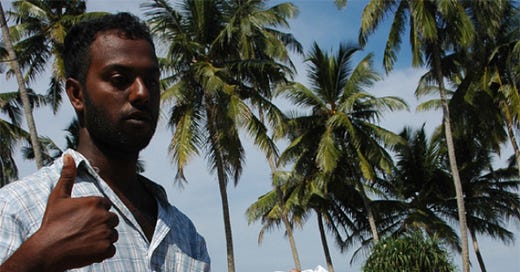




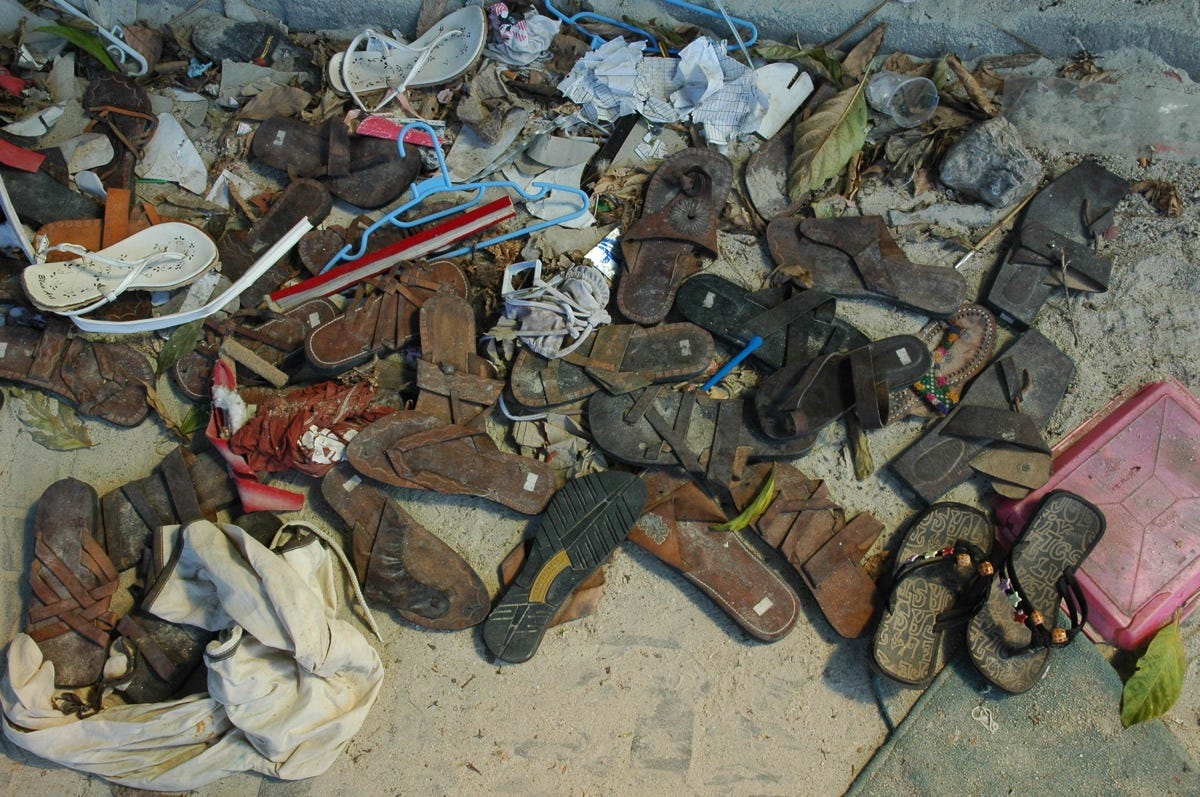
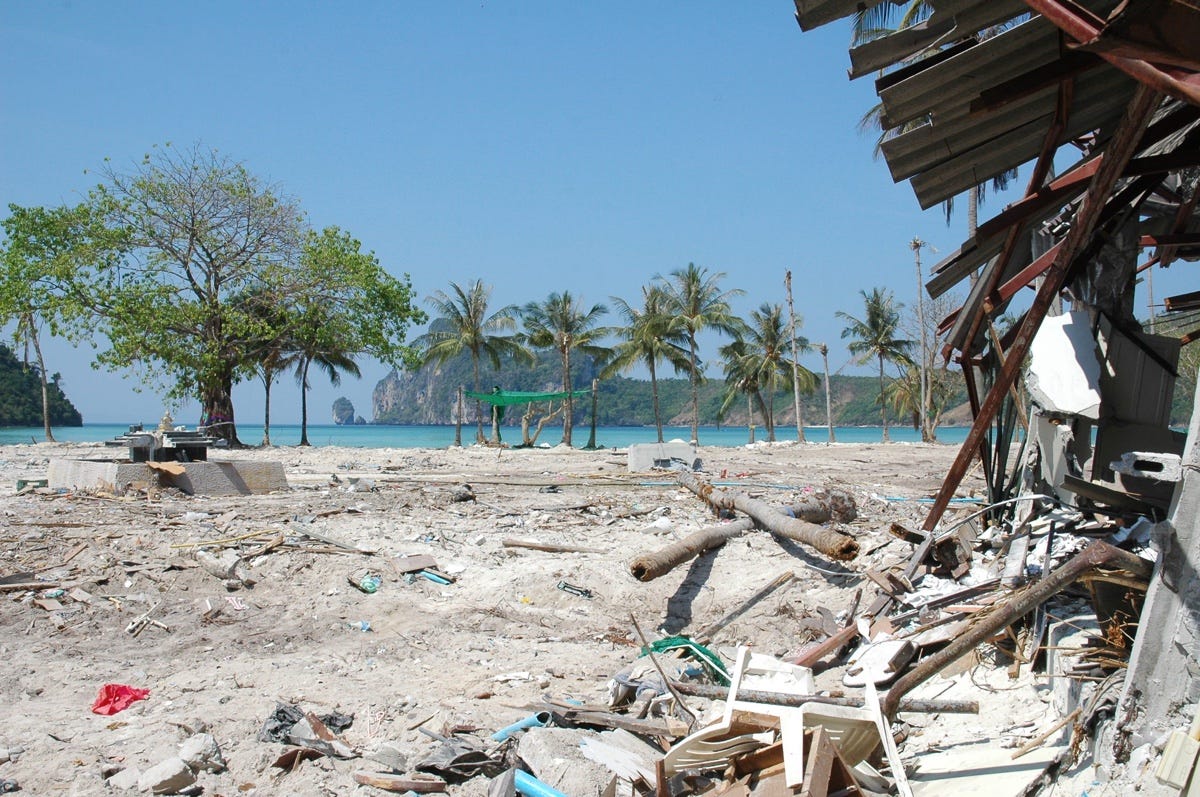


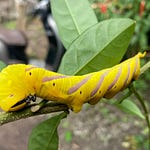
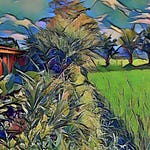

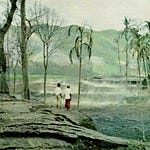
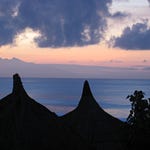
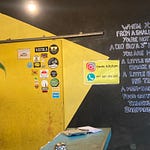
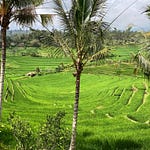

Share this post